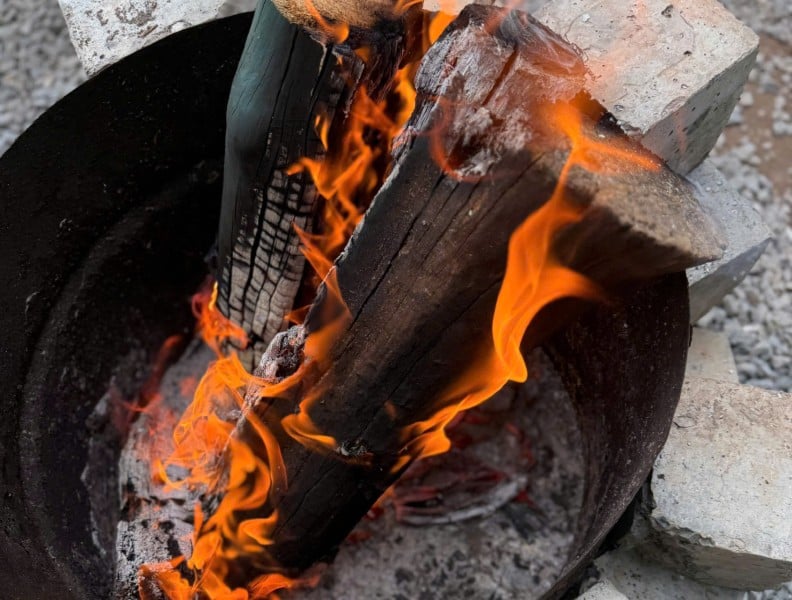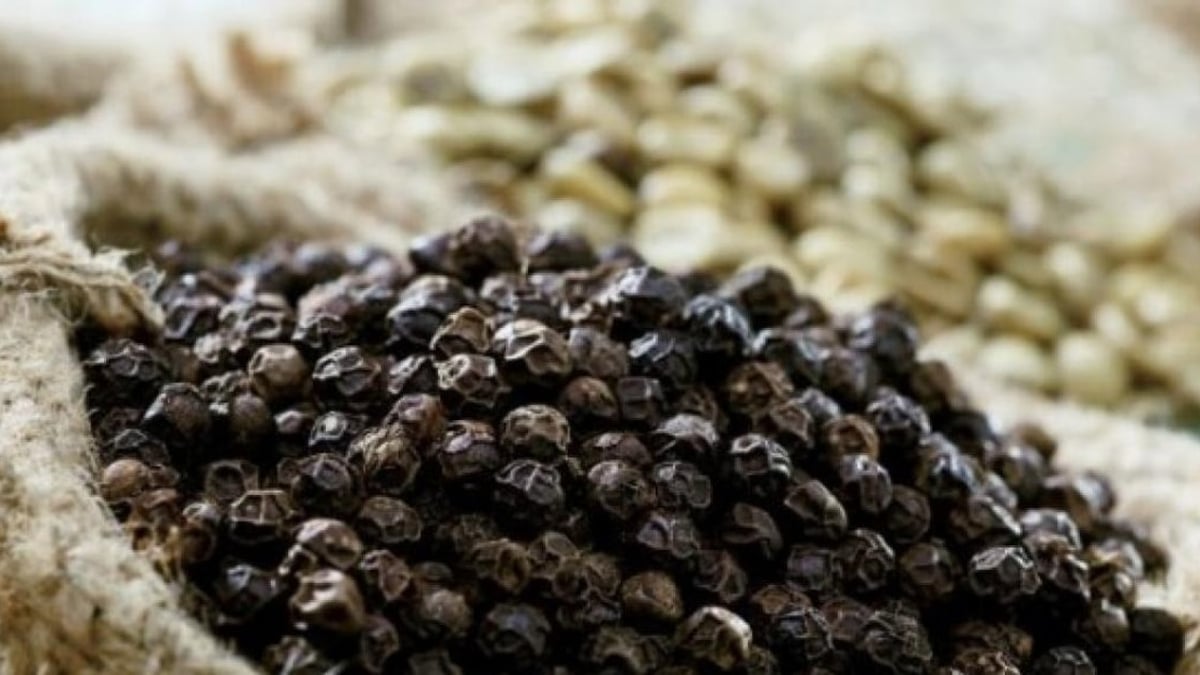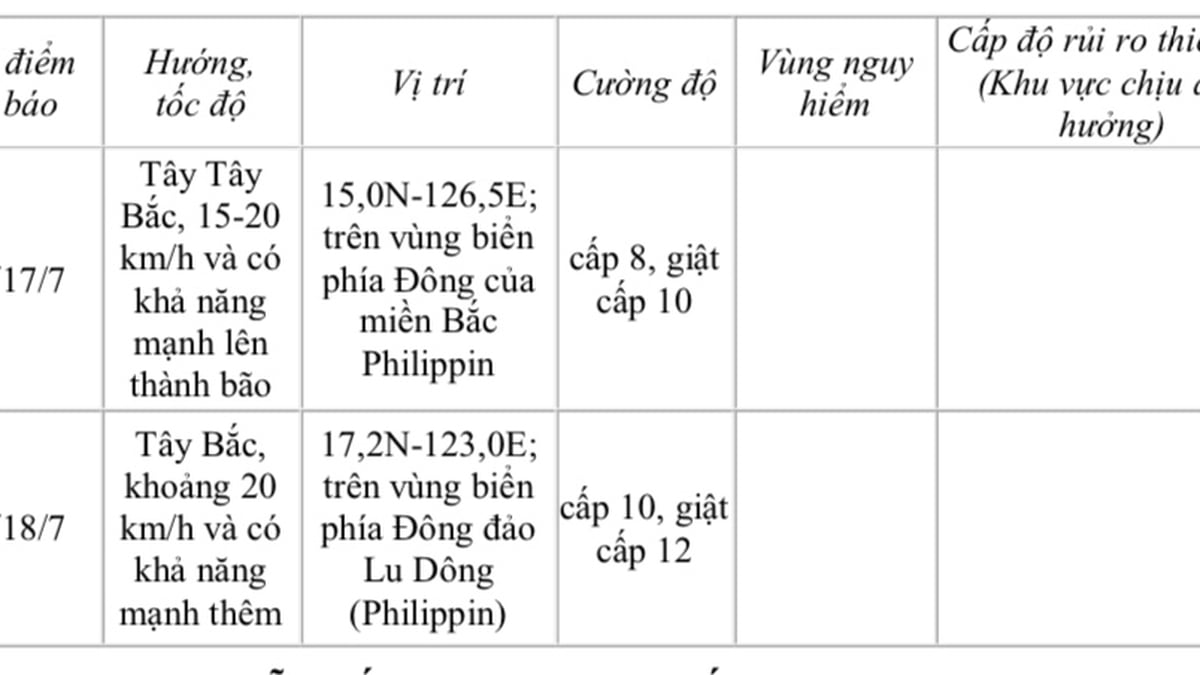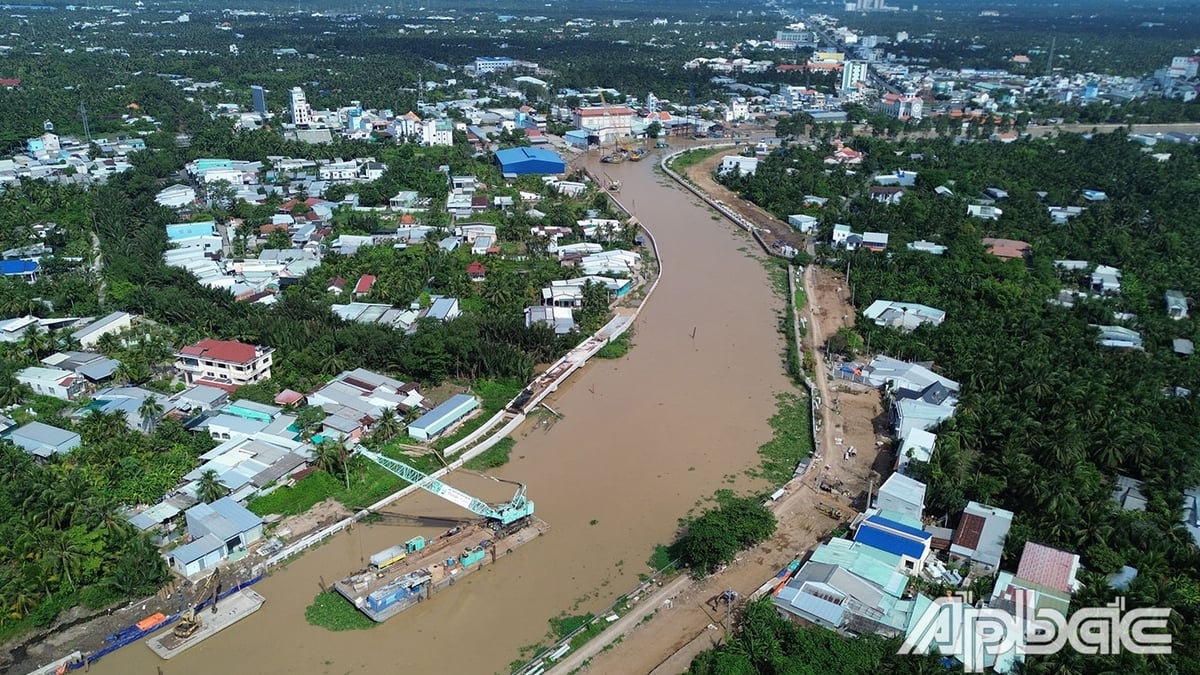Cold weather conditions and high humidity create favorable conditions for bacteria and viruses to grow, seriously affecting public health.
Cold weather conditions and high humidity create favorable conditions for bacteria and viruses to grow, seriously affecting public health.
With the current weather, when the cold and dry season begins, people are susceptible to respiratory diseases such as colds, flu, rhinopharyngitis, especially children and the elderly.
 |
| Cold weather conditions and high humidity create favorable conditions for bacteria and viruses to grow, seriously affecting public health. |
At Ha Dong General Hospital, the hospital receives more than 1,300 patients every day, an increase of about 30% compared to the previous period. The rate of hospitalized patients accounts for 18.9%, of which the majority are the elderly and children - those with poor resistance and are more susceptible to disease.
Elderly people with underlying medical conditions such as high blood pressure, heart disease, diabetes, chronic obstructive pulmonary disease or musculoskeletal diseases often have difficulty controlling their illness when the weather changes. Children, especially young children, are susceptible to respiratory infections when the seasons change.
A typical case is Mr. Ta Tuong Tan, 65 years old, when feeling tired, he went to check his health at Ha Dong General Hospital.
The doctor said his blood pressure was 180/100, and recommended that he take blood pressure medication daily to monitor his health.
According to doctors here, sudden changes in weather, especially for people with underlying diseases or poor health, can easily lead to viral infections that cause secondary respiratory infections. Patients with cardiovascular diseases are also susceptible to peripheral vasoconstriction and secondary hypertension during this time.
According to Dr. Nguyen Thi Thuy Duong, Head of the Pediatrics Department, the number of patients with rhinopharyngitis, flu, laryngitis, pneumonia, etc. has increased in recent days. The changing weather creates ideal conditions for bacteria and viruses to thrive, making people susceptible to respiratory diseases.
With the increasing number of hospitalized patients, Ha Dong General Hospital has proactively arranged patient rooms, avoiding the situation of patients sharing beds and increasing patient counseling, providing instructions on care and proper nutrition during treatment.
According to the Ministry of Health 's instructions in the cold season, some common health problems are: Colds, asthma, sore throat, pneumonia, chronic obstructive pulmonary disease, flu, stroke, carbon monoxide poisoning due to heating, cooking...
Some high-risk groups include: the elderly, children and pregnant women; people who work outdoors or in cold, windy environments with little sunlight: agricultural workers, workers...; people with chronic diseases such as high blood pressure, asthma, cardiovascular disease, musculoskeletal disease...
How to prevent cold for people. For the elderly and children, it is necessary to limit going outside when the weather is too cold and windy, especially between 9pm and 6am.
When going out, you should wear enough warm clothes to block the wind, such as a coat, long pants thick enough to keep warm, a scarf, hat, gloves, socks, mask...
Always keep your body dry, avoid getting wet, especially the neck, hands, and feet when going out and sleeping to limit diseases caused by colds; avoid exposure to cigarette smoke, coal stove smoke, and do not drink alcohol. Avoid drinks containing stimulants such as coffee.
Do not bathe after 10pm, bathe for too long or bathe in an open place because it can easily cause heat shock, which is dangerous to your life. Use warm water to bathe and clean your body.
It is necessary to clean the mouth and throat regularly every day, such as brushing teeth regularly before and after waking up; Gargling with warm water mixed with diluted salt helps disinfect the throat and limit sore throat.
Wash your hands regularly with soap to remove bacteria; get vaccinated to prevent flu; Eat and drink enough nutrients to ensure the body's energy to fight the cold.
People with high blood pressure, cardiovascular disease, chronic respiratory disease, musculoskeletal disease... who have been diagnosed must pay attention to following the principles of taking medication, having a reasonable exercise and nutrition regimen according to the doctor's instructions.
Regular physical exercise and sports help warm the body, improve resistance and tolerance to cold weather conditions; Regularly update weather information on all media.
For those who have to work in cold weather. If you have to work outdoors, you need to keep your body warm and work at a slow pace; you need to keep your body, hands and feet dry, avoid moisture, especially workers working outdoors, in mines... Wear a mask while working to protect your respiratory tract.
On cold and rainy days, when working outdoors, you must be fully equipped with and use protective gear such as waterproof jackets, raincoats, hats, cotton-padded gloves and waterproof outer layers; warm and waterproof boots... because wet clothes and hair will quickly lose heat, causing the body to get cold.
When going out in cold weather, it is essential to wear warm clothes, especially to keep your neck and chest warm. While working, if you feel hot, you should gradually take off some clothes.
To have enough heat for work and to fight the cold, workers need to eat enough nutrients, especially fat and carbohydrates, and should eat hot food. Heaters should not be placed near children and the elderly. People absolutely do not use charcoal or honeycomb coal to burn and warm up in closed rooms.
Pay attention to your body's symptoms: When you experience symptoms such as headache, dizziness, chest pain, discomfort, numbness in the limbs... you should keep your body warm immediately and go to a medical facility for a health check.
According to medical experts, cold weather increases the burden on the heart, so people with heart disease and blood pressure should see a specialist and follow the advice of a specialist. Blood pressure should be checked regularly, even for young people and people without a history of heart disease or blood pressure.
When there are signs of hypothermia: shivering, exhaustion, confusion, memory loss, slurred speech and drowsiness; in infants there are signs of bright red skin or cold skin... need to be warmed immediately.
When you have a cold, cough, or fever, you should see a doctor for proper diagnosis and treatment. Do not buy medicine on your own, especially antibiotics.
Source: https://baodautu.vn/benh-ho-hap-tang-cao-khi-thoi-tiet-chuyen-lanh-d231965.html




















































![[Maritime News] More than 80% of global container shipping capacity is in the hands of MSC and major shipping alliances](https://vphoto.vietnam.vn/thumb/402x226/vietnam/resource/IMAGE/2025/7/16/6b4d586c984b4cbf8c5680352b9eaeb0)













































Comment (0)